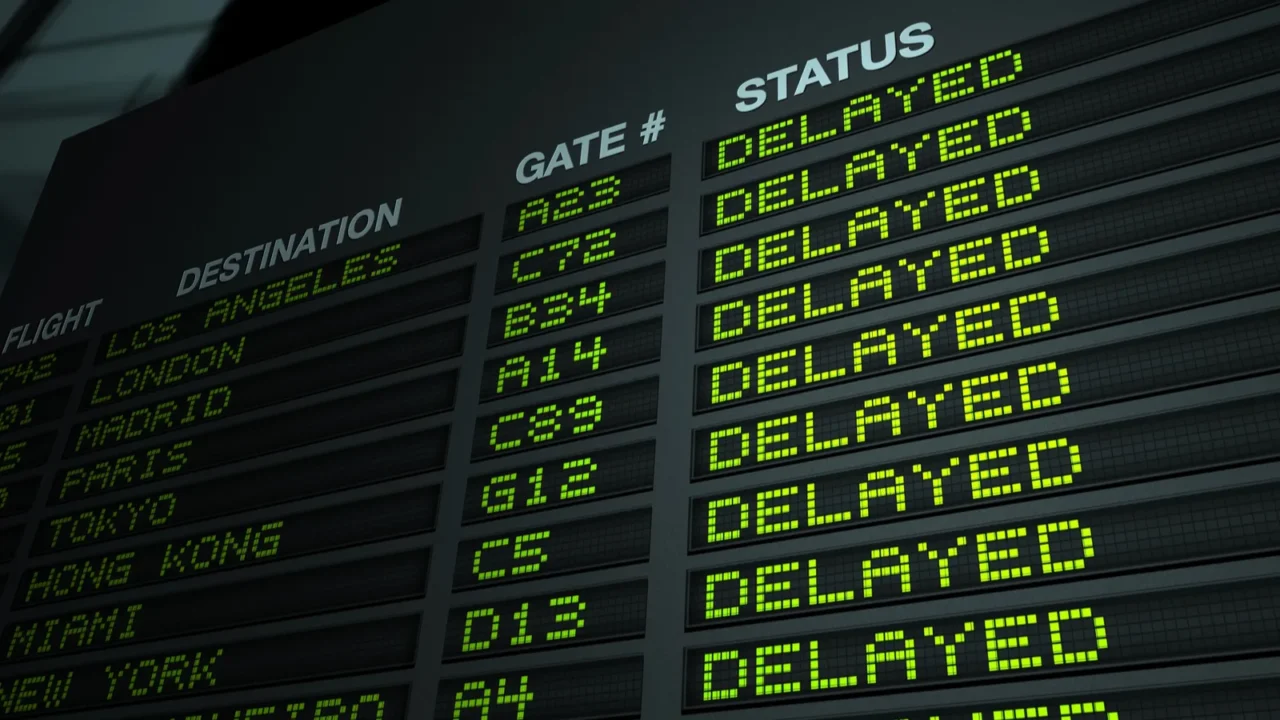
Flights grounded across America
If your travel plans include a flight this week, you might want to double-check your booking. The U.S. government has ordered airlines to cut 10% of all flights at 40 major airports due to the ongoing federal shutdown.
From New York to Los Angeles, flight boards are lighting up with cancellations and delays. Many airports are reporting longer lines, frustrated passengers, and rising confusion at check-in counters.
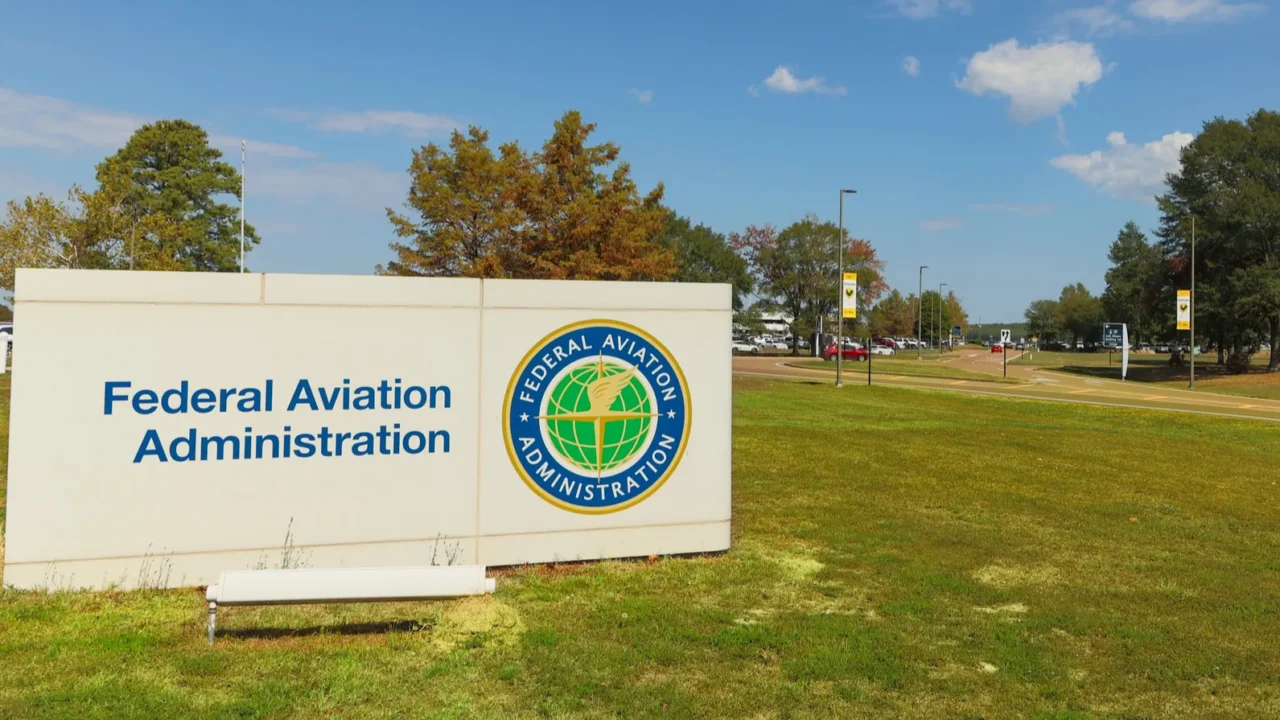
Safety before schedule
The Federal Aviation Administration says the move is all about safety, not punishment. With air traffic controllers working unpaid and understaffed, the risk of errors was rising fast.
Officials say this step was necessary to protect both passengers and staff from overwork-related mistakes. Reducing flights is meant to give the remaining staff breathing room while keeping skies safe. While drastic, officials argue it’s a necessary step to prevent safety lapses.
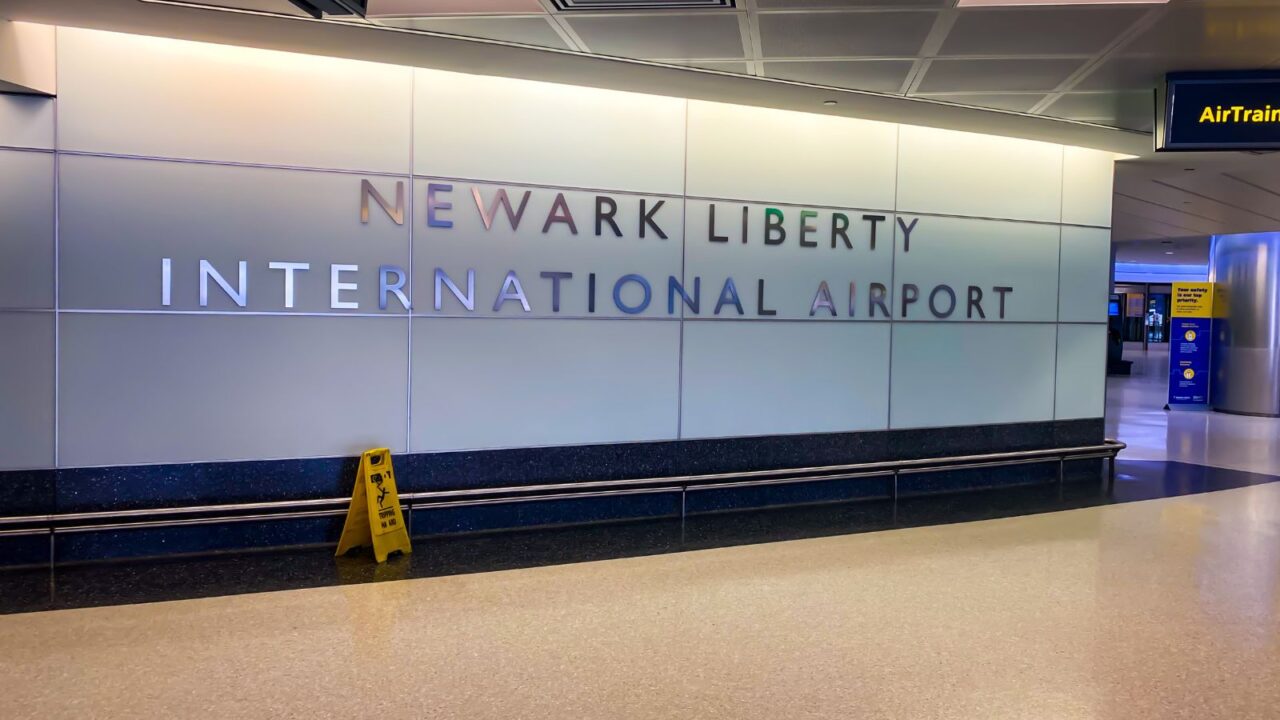
Major hubs hit hardest
The nation’s busiest airports, New York, Chicago, Atlanta, Los Angeles, and Dallas, are facing the steepest cutbacks. These hubs handle millions of passengers every week. That means longer waits, tighter schedules, and fewer rebooking options for stranded travelers.
With 10% of flights scrapped, airports that already felt crowded now look eerily calm. If the shutdown continues, the slowdown could stretch travel times for weeks.
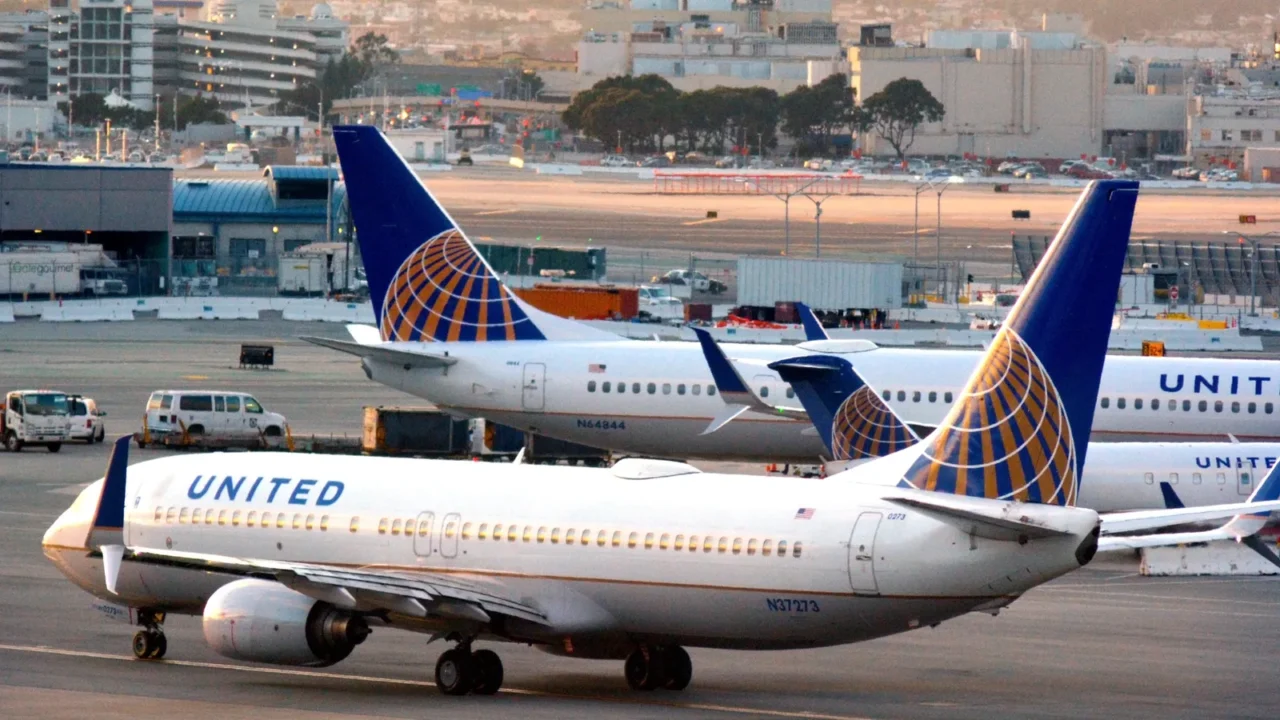
Airlines scramble to adapt
Airlines are trying to juggle schedules and minimize chaos. United and American Airlines have promised to prioritize longer routes and international trips over short domestic ones.
Delta and Southwest are also working to balance flight loads to keep essential routes open. Still, thousands of passengers are seeing last-minute cancellations. Carriers are urging travelers to check apps and emails constantly for real-time updates.

Refunds for frustrated travelers
If your flight gets canceled, you’re entitled to a full refund, no questions asked. The FAA reminded airlines that shutdown-related disruptions count as “uncontrollable events.”
Airlines have been asked to make refunds faster and communicate clearly with affected customers. But refunds can take time to process, and many travelers are frustrated.

The human toll on controllers
Behind the scenes, air traffic controllers are stretched to their limits. Many are working long hours without pay, balancing side jobs to stay afloat. Their dedication has kept planes moving safely despite enormous pressure.
The FAA says the 10% cut helps prevent burnout and ensures safer airspace for everyone. But without paychecks, morale continues to sink, creating an uncertain future for the workforce.
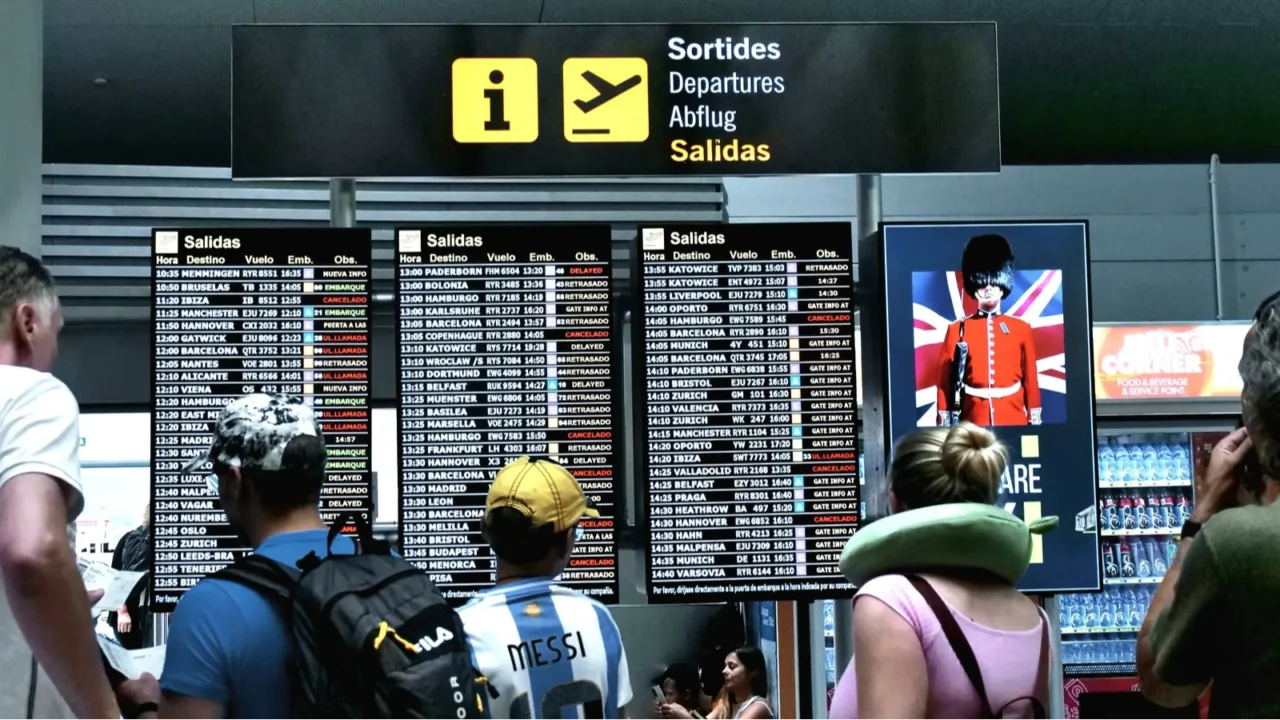
The ripple effect of cancellations
Cutting 1,800 flights per day means losing over 268,000 seats. That’s a huge hit not just to travelers, but also to airlines, airports, and local economies. Businesses near airports, from restaurants to taxi services, are already reporting revenue drops.
Fewer flights mean fewer hotel bookings, slower cargo shipments, and smaller profits for airport vendors. Every canceled flight adds up to a nationwide ripple effect.
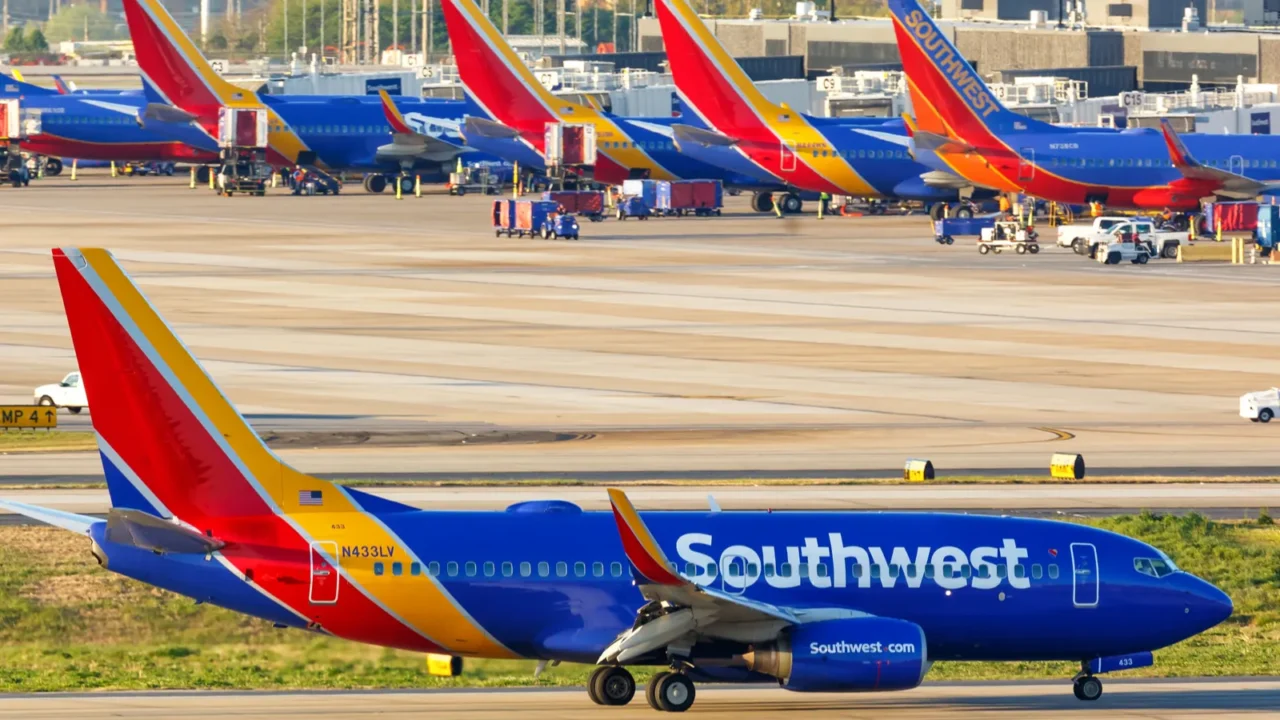
Longest shutdown in history
This crisis stems from the record-breaking federal government shutdown, now the longest in U.S. history. Around 1.4 million federal employees are affected. The shutdown has disrupted agencies, paychecks, and now, even air travel safety.
For aviation, that includes over 13,000 air traffic controllers and 50,000 TSA agents. Many are still showing up to work, even without paychecks. Their dedication keeps airports running, but patience is wearing thin as the weeks drag on.

Travelers face tough choices
Some passengers are delaying trips, while others are switching destinations entirely. Frequent flyers say the uncertainty has made air travel feel riskier and more stressful. Many are even avoiding major airports, opting for smaller hubs when possible.
Families planning Thanksgiving travel are already reconsidering plans. With delays and cancellations mounting, staying grounded might be the safer bet. The upcoming holidays could become one of the toughest travel seasons in recent memory.
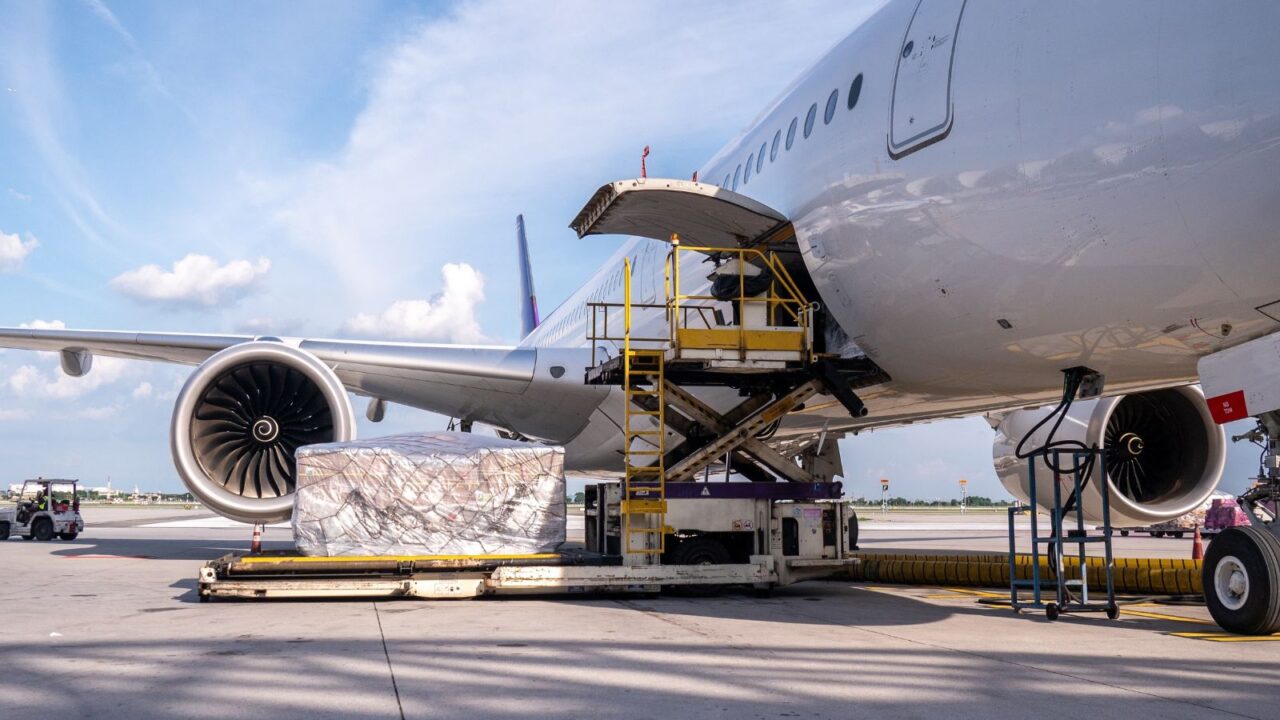
Cargo and commerce hit, too
It’s not just passengers feeling the crunch; cargo flights are also being slashed. That means slower shipping for goods, mail, and online orders across the country. The impact could hit small businesses that rely on fast deliveries the hardest.
Retailers warn that supply chains could stall if the shutdown continues. The timing couldn’t be worse as the holiday season ramps up. E-commerce giants are already preparing backup plans to avoid shipping chaos.
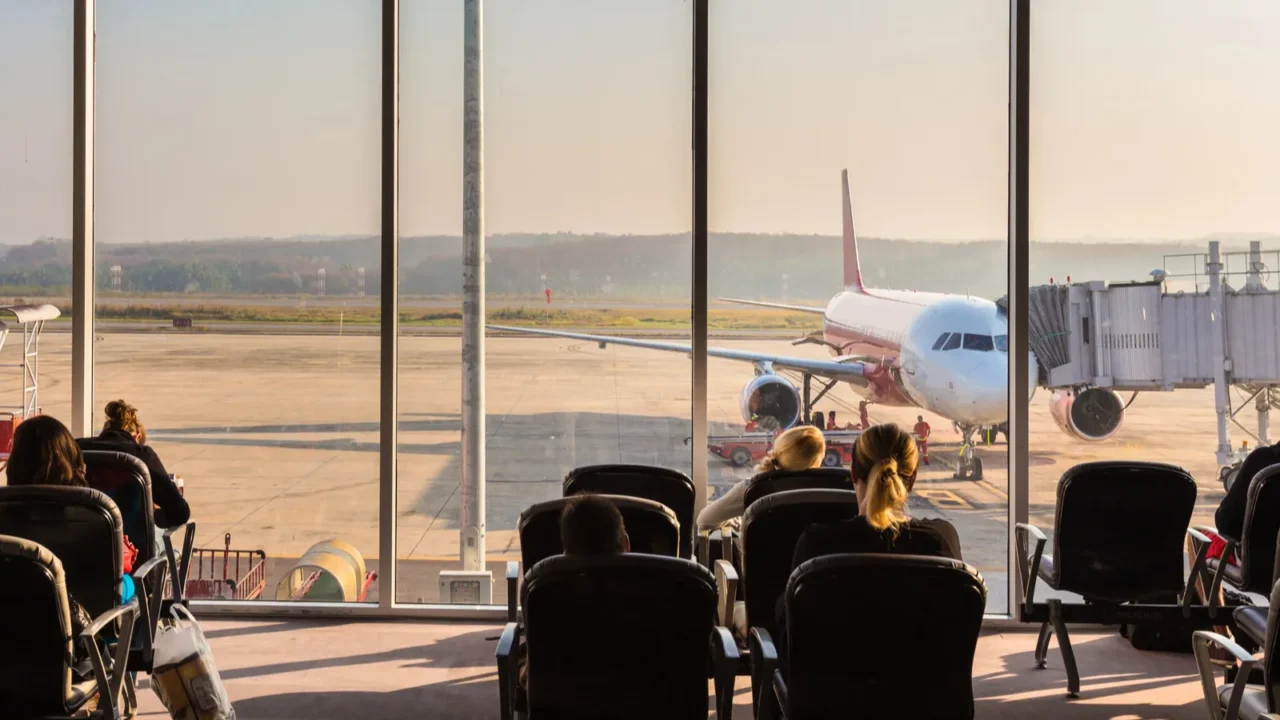
Small airports feel the squeeze
While big hubs get the headlines, smaller regional airports are struggling too. Many rely on connecting flights from major cities, which are now being cut. This could lead to temporary service suspensions in rural areas and smaller towns.
Reduced schedules could mean fewer visitors and economic losses for nearby towns. For some, it’s a reminder of how dependent they are on the nation’s flight network. Local officials are urging federal leaders to restore normal operations quickly.

Space launches get rescheduled
Even space operations aren’t immune. The FAA has delayed daytime commercial space launches to ease strain on airspace management. This rare decision reflects how deeply the aviation system is tied to other industries.
By shifting them to nighttime hours, controllers can focus fully on commercial flights during the day. It’s a rare move that shows how deep the disruption goes. Experts say this temporary fix highlights just how stretched resources have become.
Worried about what happens if your flight gets canceled or changed? Discover how airlines are adjusting their routes and handling refunds amid the ongoing government shutdown.
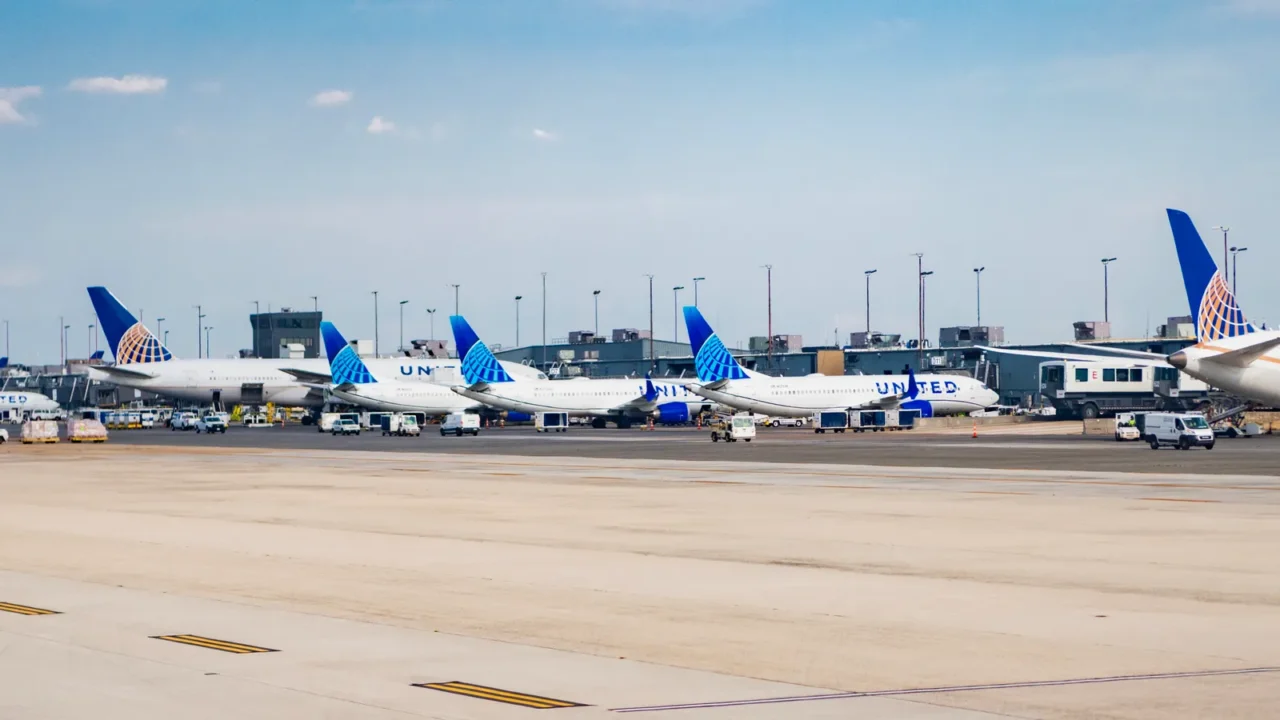
Airlines push for resolution
Major airlines are pressing Washington to resolve the shutdown fast. Executives warn that continued cuts could trigger widespread financial losses. Industry leaders say the longer this goes on, the harder it will be to rebuild public confidence.
While some carriers are offering travel credits and waivers, others are running low on flexibility. The longer the standoff lasts, the harder recovery will be.
Next, check out exactly what to do (and what not to) if you ever miss your connecting flight.
Would you risk flying through this chaos or wait it out on the ground? Let us know in the comments.
Read More From This Brand:
- Hidden places that reveal the real story of these cities
- The happiest U.S. cities to live in, according to a new study
- 12 underrated U.S. cities ideal for a fall weekend trip
Don’t forget to follow us for more exclusive content right here on MSN.
This slideshow was made with AI assistance and human editing.